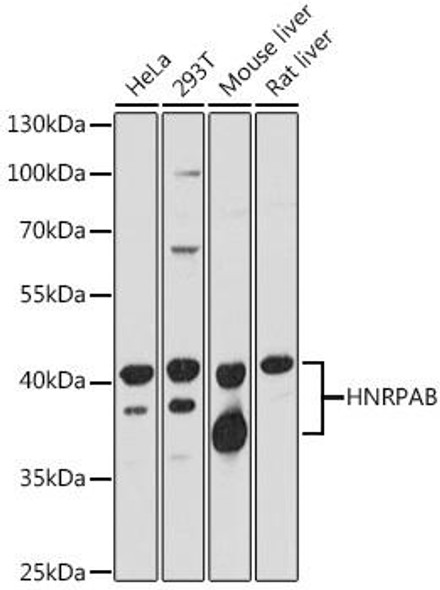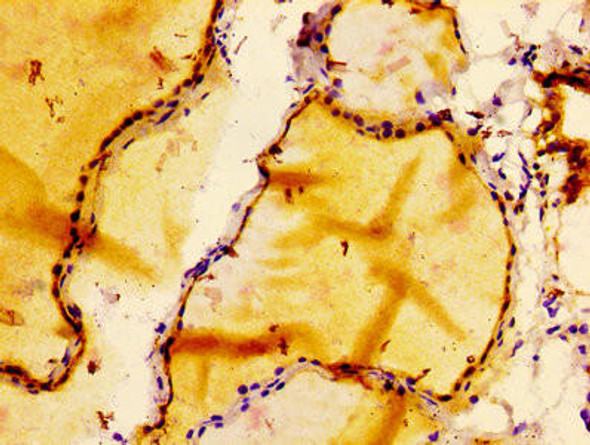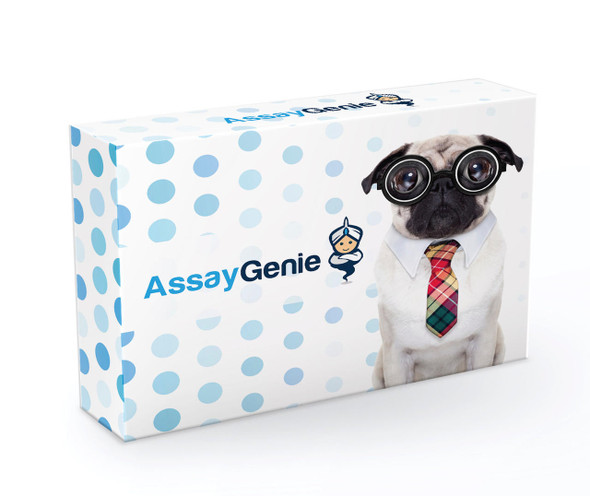Description
SPEF2 Antibody (PACO64977)
The SPEF2 Polyclonal Antibody (PAC064977) is a valuable tool for researchers studying SPEF2, a protein involved in cilia and flagella formation. This antibody, produced in rabbits, is highly specific to human samples and has been validated for use in Western blot applications. By binding to SPEF2, researchers can accurately detect and analyze this important protein in various cell types, making it an ideal choice for studies in cell biology and genetic disorders related to cilia and flagella dysfunction. SPEF2 is a crucial player in the formation and function of cilia and flagella, structures involved in various cellular processes such as cell motility and signal transduction.
Mutations in SPEF2 have been linked to ciliopathies, genetic disorders characterized by abnormal cilia structure and function. By investigating the role of SPEF2 in cilia and flagella biology, researchers can gain insights into the mechanisms underlying these disorders and potentially identify new therapeutic targets for their treatment.
| Product Name: | SPEF2 Antibody |
| Product Code: | PACO64977 |
| Size: | 50µL |
| Target Names: | SPEF2 |
| Species Reactivity: | Human |
| Host Species: | Rabbit |
| Antigen Species: | Human |
| Tested Applications: | ELISA, IHC, IF; Recommended dilution: IHC:1:100-1:500, IF:1:100-1:500 |
| Isotype: | IgG |
| Clone ID: | N/A |
| Conjugate: | Non-conjugated |
| Clonality: | Polyclonal |
| Antigen: | Recombinant Human Sperm flagellar protein 2 protein (932-1230aa) |
| Form: | Liquid |
| Buffer: | Preservative: 0.03% Proclin 300 Constituents: 50% Glycerol, 0.01M PBS, pH 7.4 |
| Purification Method: | >95%, Protein G purified |
| Storage: | Upon receipt, store at -20°C or -80°C. Avoid repeated freeze. |
| Aliases: | Sperm flagellar protein 2 (Protein KPL2), SPEF2, KIAA1770 KPL2 |
| Uniprot ID: | Q9C093 |
| Background: | Required for correct axoneme development. |
| Research Area: | Neuroscience |









